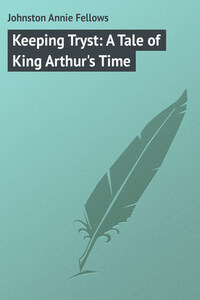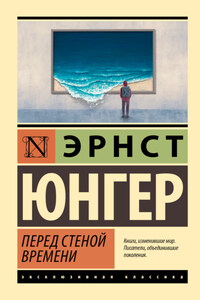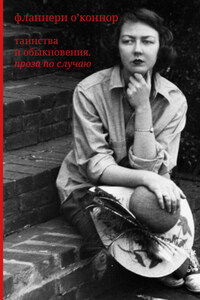THERE is no place where men learn each other's little peculiarities more thoroughly than in the group usually to be found around the stove in a country store. Such acquaintance may be of slow growth, like the oak's, but it is just as sure. Each year is bound to add another ring to one's knowledge of his neighbours if he lounges with them, as man and boy, through the Saturday afternoons of a score of winters.
A boy learns more there than he can be taught in schools. It may be he is only a tow-headed, freckle-faced little fellow of eight when he rides over to the cross-roads store for the first time by himself. Too timid to push into the circle around the fire, he stands shivering on the outskirts, looking about him with the alertness of a scared rabbit, until the storekeeper fills his kerosene can and thrusts the weekly mail into his red mittens. Then some man covers him with confusion by informing the crowd that "that little chap is Perkins's oldest," and he scurries away out of the embarrassing focus of the public eye.
But the next time he is sent on the family errands he stays longer and carries away more. Perched on the counter, with his heels dangling over a nail keg, while he waits for the belated mail train, he hears for the first time how the government ought to be run, why it is that the country is going to the dogs, and what will make hens lay in cold weather. Added to this general information, he slowly gathers the belief that these men know everything in the world worth knowing, and that their decisions on any subject settle the matter for all time.
He may have cause to change his opinion later on, when his sapling acquaintance has gained larger girth; when he has loafed with them, smoked with them, swapped lies and spun yarns, argued through a decade of stormy election times, and talked threadbare every subject under the sun. But now, in his callow judgment, he is listening to the wit and wisdom of the nation. Now, as he looks around the overflowing room, where butter firkins crowd the calicoes and crockery, and where hams and saddles swing sociably from the same rafter, as far as his knowledge goes, this is the only store in the universe.
Some wonder rises in his childish brain as he counts the boxes of axle-grease and the rows of shining new pitchforks, as to where all the people live who are to use so many things. He has yet to learn that this one little store that is such a marvel to him is only a drop in the bucket, and that he may travel the width of the continent, meeting at nearly every mile-post that familiar mixture of odours – coal oil, mackerel, roasted coffee, and pickle brine. And a familiar group of men, discussing the same old subjects in the same old way, will greet him at every such booth he passes on his pilgrimage through Vanity Fair.
Probably in after years Perkins's oldest will never realise how much of his early education has been acquired at that Saturday afternoon loafing-place, but he will often find himself looking at things with the same squint with which he learned to view them through 'Squire Dobbs's short-sighted spectacles. Many a time he will find that he has been unconsciously warped by the prejudices he heard expressed there, and that his opinions of life in general and men in particular are the outgrowth of those early conversations which gave him the creed of his boyhood.
"Them blamed Yankees!" exclaims one of these neighbourhood orators, tilting his chair back against the counter, and taking a vicious bite at his plug of tobacco. "They don't know no better than to eat cold bread the year 'round!" And the boy, accepting the statement unquestioningly, stores away in his memory not only the remark, but all the weighty emphasis of disgust which accompanied the remark in the spitting of a mouthful of tobacco juice. Henceforth his idea of the menu north of the Mason and Dixon line is that it resembles the bill of fare of a penitentiary, and he feels that there is something coldblooded and peculiar about a people not brought up on a piping hot diet of hoe-cake and beaten biscuit.
In the same way the lad whose opinions are being moulded in some little corner grocery of a New England village, or out where the roads cross on the Western prairie, receives his prejudices. It may be years before he finds out for himself that the land of Boone is not fenced with whiskey jugs and feuds, and that the cap-sheaf on every shock of wheat in its domain is not a Winchester rifle.
But these prejudices, popular at local cross-roads, are only the side lines of which every section carries its own specialty. When it comes to staple articles, dear to the American heart and essential to its liberty and progress, their standard of value is the same the country over.
One useful lesson the youthful lounger may learn here, if he can learn it anywhere, and that is to be a shrewd reader of men and motives. Since staple characteristics in human nature are repeated everywhere, like staple dry goods and groceries, a thorough knowledge of the group around the stove will be a useful guide to Perkins's oldest in forming acquaintances later in life.














